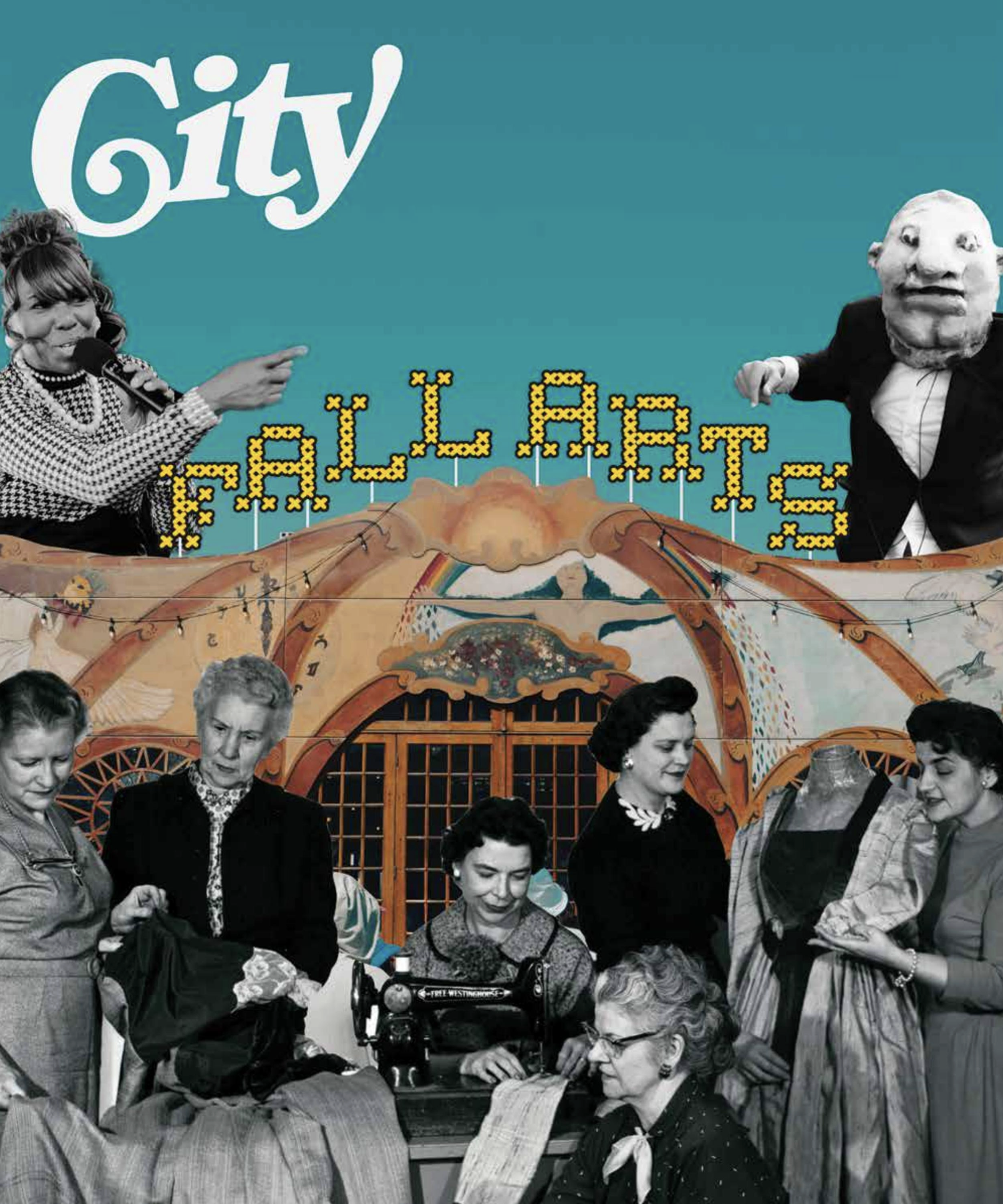You
fit together like a hand in a glove. Corny, but you and your husband have been
together so long the expression seems appropriate. Sweet. He curves around you,
your limbs entwine. Hand in glove.
You
start to make your moves. C’mon baby, it’s time to exchange bodily fluids. He
pulls away.
“Not
tonight,” he says.
Huh?
“I
got a stick,” he says.
He’s
a doctor. During surgery a needle stuck into his hand. You go cold.
“When?”
“Yesterday,”
he says, withdrawing.
A
blood-red rose of fear blossoms in your mind as in a stop-action film. Every
petal is etched with letters — HIV, AIDS, Hepatitis C, Hepatitis B,
Jacob-Creutzfeldt. Forcing a calm you don’t feel, you ask him who the patient
is. He won’t say. It’s doctor-patient privilege.
“Drug
addict?” you ask. “No,” he says, “he is a child. A very sick child.”
A
sick child. Your mind races. “History of blood transfusions? Sexual abuse?
Mother HIV-positive at his birth?”
He
shrugs. “I don’t know.” And then: “I don’t want to talk about it.”
For
the first time, your husband is physically and emotionally cut off from you.
You roll away from each other, absorbed in your own thoughts. Hand pulling out
of glove.
The moment the
needle pierced your husband’s latex glove and invaded his skin, his public role as a
doctor pierced his private life and invaded your family. Sure, you’re used to
medical emergencies calling him out of movies, Little League games, and holiday
dinners. But this is different.
There’s
an intruder in your bed. Several intruders actually. The sick boy, his blood,
and your husband’s job. You’re outnumbered. You don’t know how sick the boy is.
You don’t know if his blood carries contagions. You don’t know why your husband
won’t talk to you about it. All you know is that a child came to your husband,
a doctor, for care. And it is that relationship — not yours — that is
defining this moment.
Why
won’t he discuss it with you? Is it, in fact, doctor-patient privilege? Forget
the patient’s privacy and the Hippo-freaking-cratic Oath. What about you?
But
maybe your husband really doesn’t know. Patients’ charts don’t always tell the
full story. People often give incomplete medical histories or have secrets to
hide.
Or
maybe the cold silence in your bedroom is the sound of a physician considering
the possibility of becoming a patient. He was not trained for this. He was
trained to intubate drunks crushed in wrecks, shock hearts back to life,
reattach severed nerves, join torn skin, and repair smashed eyes. He knows how
to be a doctor. He does not know how to be a patient. Maybe it’s not that your
husband doesn’t want to talk about the needle stick. Maybe he is just unable
to.
A river of
blood runs through
us all, joining and dividing us. Like the pull of the moon on the tides, the
river of blood draws us to one another. It’s not the clever conversation that
attracts; it’s the blush of the cheek. It’s not the powerful job; it’s the
warmth of the skin. It’s not the shapely breasts; it’s the heart beating
beneath them.
Even
as we swim together — joining to make families with children bobbing in the
current — the river of blood divides us. We fear the blood of others. We fear
their viruses, their prions, and their God-knows-what. School nurses avoid
touching students, CPR is now taught without the mouth-to-mouth component, and
blood donors undergo intimate questioning.
Your
husband, like other doctors, nurses, and EMTs — and even firefighters and
cops — is drawn to the river of blood
with a dedication the rest of us don’t understand. They all know the dangers.
Still, every day they take a deep breath and dive in. Sometimes they surface
with illnesses, broken limbs, or bullet wounds. And sometimes they don’t
surface at all.
You
have to wait eight days for the results of the boy’s blood test. If the child
has any blood-borne diseases your husband can start taking medication and then
get himself tested periodically. It can take months to detect the HIV virus,
but that’s not your main concern; few healthcare providers ever contract it
through needle sticks. Hepatitis C is the real threat; even a small amount of
the virus can transmit this potentially deadly illness.
Eight
days is a long time to wait. Not talking. Not touching. But it could have been
worse. At first the boy’s mother refused to have him tested at all. By law,
patients or their guardians must sign a consent form for HIV/AIDS testing. When
the nurse asked for permission to test the boy’s blood, his mother had turned
and screamed at your husband.
“You
can’t take his blood,” she had said. “You were the negligent one. It’s not our fault.”
You
live in an era when the very idea of privacy conjures a nostalgic feeling, like
wood-paneled station wagons and penny candy. Your children are growing up in a
world where every call, purchase, road trip, and stroll through downtown is
recorded and stored in databases. Lucky you to have stumbled on the last two
areas where there’s too damn much privacy. First patient-doctor confidentiality
and now the right to refuse AIDS testing.
Just
as the needle stick brought your husband’s public life crashing into his
private life, the mother’s initial decision to refuse the blood test thrust
both patient and doctor into the political arena. As a mother, you can
understand her first impulse to protect her child. But was she also reacting to
the eroding privacy of contemporary life? Maybe she was happy to exercise
control over her family’s personal information for a change. “You can’t take
his blood,” she had said.
Was
she, too, frightened of an AIDS diagnosis, a highly politicized ailment? A
positive test result could bring not just the horror of the disease itself but
possible stigmatization. “It’s not our fault,” she had said.
Five down,
three days to go until you get the test results, unless someone at the lab takes
pity on your husband and rushes it. You’ve worked through phases of fear,
anger, and denial. This sex-free zone is starting to get old. There’s an
attractive man in your bed and you’re not made of stone. A sick humor creeps
in. You think: hey, he’s not dead yet. He’s thinking the same thing. There must
be some way to get a little action around here.
You’ve
both been out of the game so long you’re a little fuzzy on the details of safe
sex. You realize how lucky you’ve been until now. Life with a monogamous,
drug-free partner is a breeze. How do single people do it?
Before
the needle stick, the only thing between you and him were the limits of your
imagination. Now you’ve got to strategize. Can you kiss? Of course. Can you
have sex? Not without a condom. You both laugh. A condom! What’s that?
Like
football coaches, you run through the list of possible plays. You’re a good
sport, so you let him know that you’re up for anything. Really. But you’re
secretly hoping it doesn’t involve something called a dental dam.
On the seventh
day, your
husband gets the call at work. The boy is clear. No Hep C. No HIV. His blood is
just the blood of a boy, a sick boy your husband helped to heal. You feel the
dark cloud lifting, but it doesn’t move away entirely. Tomorrow’s a surgery
day.
This article appears in Sep 15-21, 2004.







